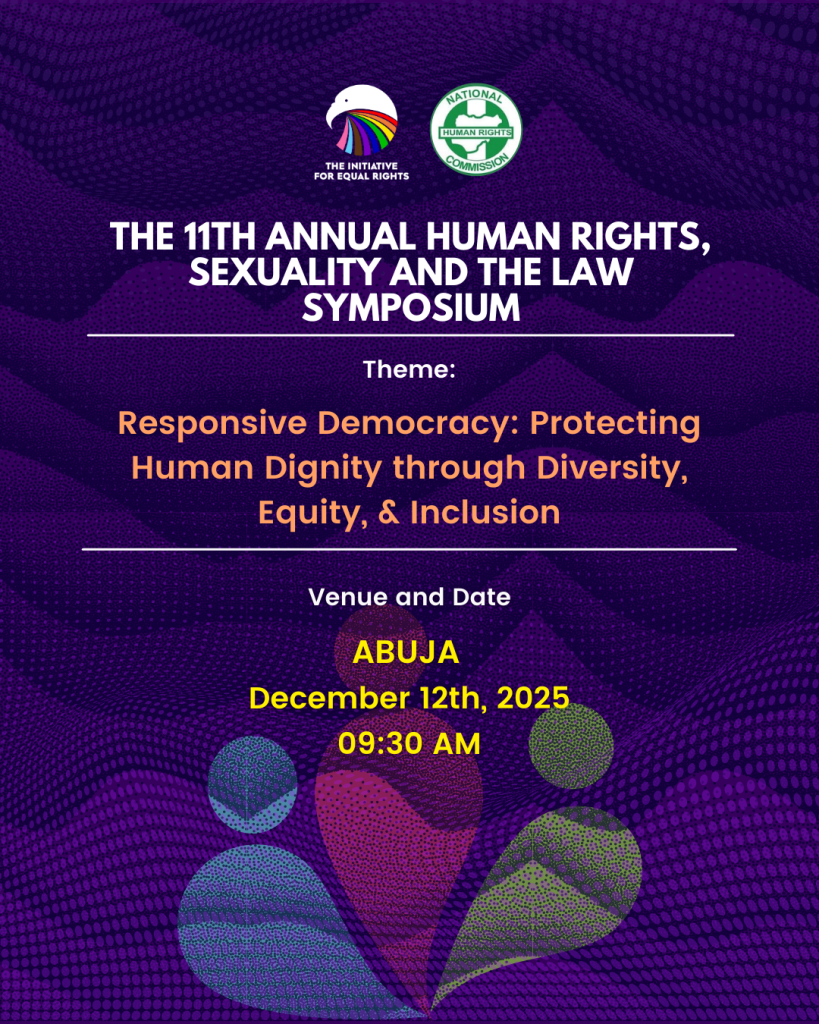Condoms have evolved significantly over time, becoming a vital tool in preventing both unintended pregnancies and sexually transmitted infections (STIs), including HIV. In Nigeria, understanding the importance and proper use of condoms is crucial for public health.

Condom Use in Nigeria
Despite high awareness levels, actual condom use in Nigeria remains low. A survey found that 92% of adult Nigerians are aware of condoms and their purpose, yet only 34% reported using them. Among those who do use condoms, 66% of individuals aged 18–35 rely on them primarily for family planning and pregnancy prevention.
However, consistent condom use is still a challenge. Studies indicate that only 28% of users report regular condom use, which leaves a significant portion of the population at risk of unintended pregnancies and sexually transmitted infections (STIs), including HIV. Stigma, misconceptions, limited availability in rural areas, and partner resistance contribute to inconsistent use. Additionally, some people avoid using condoms due to false beliefs that they reduce pleasure or are not necessary in committed relationships. Addressing these concerns through education and increased accessibility is crucial for improving public health outcomes.
Why Condoms Matter
Condoms are one of the most affordable, accessible, and effective methods of contraception and STI prevention. Unlike other birth control methods, condoms do not require a prescription or medical intervention, making them an easy and convenient option for many.
When used correctly, condoms are up to 98% effective in preventing pregnancies and significantly reduce the risk of HIV, gonorrhoea, chlamydia, and other infections. They also offer dual protection—meaning they prevent both pregnancy and STIs, unlike hormonal contraceptives, which only prevent pregnancy.
In Nigeria, where HIV remains a significant public health issue, consistent condom use is vital in reducing infection rates. Campaigns promoting condom awareness and accessibility, such as those led by the National Agency for the Control of AIDS (NACA), play an important role in increasing usage and breaking down barriers to access and stigma.
By making condoms more widely available, affordable, and socially accepted, we can take a significant step toward reducing unintended pregnancies, preventing STIs, and promoting sexual health for all.
TIERs Provides Free Condoms!
In Nigeria, free condoms are available through various organizations and programs aimed at promoting sexual health and preventing STIs. Government agencies like the National Agency for the Control of AIDS (NACA) and the Lagos State AIDS Control Agency (LSACA) distribute condoms as part of their HIV prevention strategies. Non-governmental organizations such as the Society for Family Health (SFH), AIDS Healthcare Foundation (AHF Nigeria), also provide free condoms through clinics and community outreach programs. Additionally, university health services, local government health centers, and community-based organizations (CBOs) offer free condoms to promote safer sex practices, especially among young adults and underserved populations.
At TIERs, we believe everyone deserves access to protection without stigma or barriers. That’s why we provide free condoms—because safe sex is a right, not a privilege.
Need condoms? Visit us and grab a pack. Stay safe, stay informed, and prioritize your sexual health!



